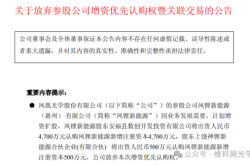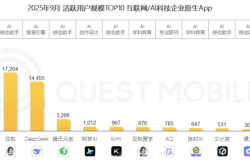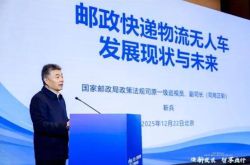How can we help 85.02 million people with disabilities escape the 'island'?
![]() 10/29 2024
10/29 2024
![]() 654
654
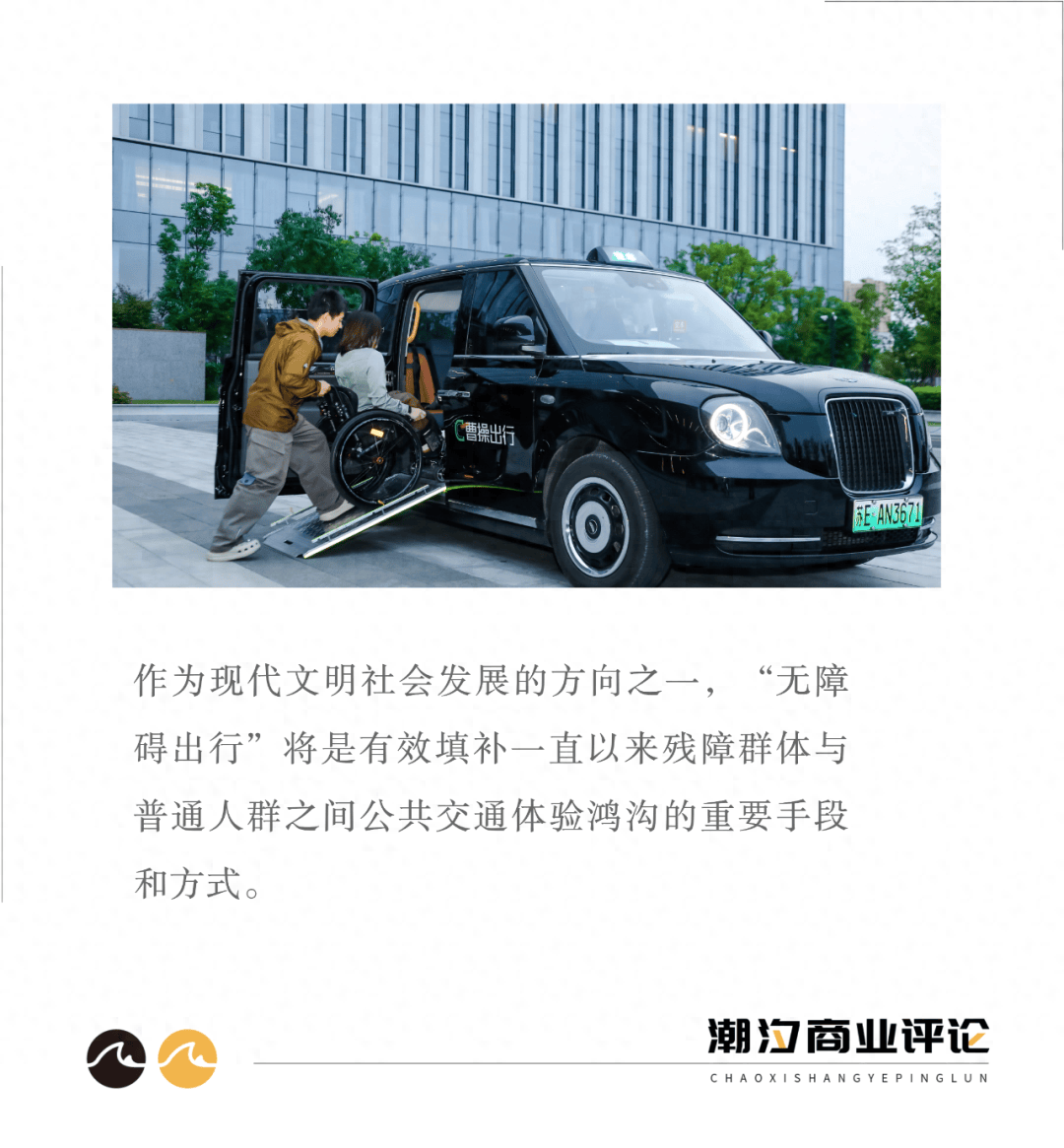
[Tide Business Review/Original]
For people with disabilities, 'traveling' is akin to jumping from one isolated island to another.
For those with mobility impairments, taking a taxi, which is commonly used by able-bodied individuals, can be akin to a 'trial by fire.' The short distance from leaving the wheelchair to sitting in the back seat of the taxi, although requiring only a few steps, can be the most arduous journey. Even with the helpful assistance of taxi drivers, this process is far from effortless, and safety is often compromised. Upon reaching the destination, the same 'arduous journey' must be repeated in reverse.
From this perspective, whenever we temporarily experience mobility impairments, we are excluded from the so-called 'public' nature of public transportation.
According to China's Sixth Population Census, the total number of people with disabilities in China has reached 85.02 million. When we add in individuals over 60 years old with mobility impairments, mothers and infants, and accident victims, this figure approaches 400 million.
Fortunately, the plight faced by this vast group is being recognized and addressed. In 2023, the 'Law on the Construction of Barrier-Free Environments' was officially promulgated and implemented, leading to rapid progress in the construction of barrier-free environments in various cities. The concept of barrier-free travel has gradually become a common goal pursued by public transportation agencies.
In January of this year, six ministries and commissions, including the Ministry of Transport and the National Railway Administration, issued a notice on further strengthening aging-friendly and barrier-free travel services, requiring increased allocation and modification of aging-friendly and barrier-free transportation equipment. They also urged localities to actively seek support from local people's governments at or above the county level, promote the establishment of a barrier-free bus navigation system in cities based on local conditions, and plan for an appropriate number of barrier-free taxis.
In March of this year, the General Office of the Ministry of Transport issued a work plan for expanding, improving, and enhancing the quality and efficiency of aging-friendly and barrier-free transportation services in 2024, setting clear objectives, tasks, and schedules for further enhancing these services.
Guided by relevant policies, travel platforms such as Caocao Mobility are actively shouldering social responsibilities and striving to leverage technological advancements to help people with disabilities and the elderly overcome travel barriers.
01 Re-examining the social significance of travel platforms
Historically, the rise of mobile internet fueled the explosion of the travel market. The efficient matching of vast potential car-hailing demands with equally vast vehicle resources on mobile internet platforms promoted the efficient utilization of social resources, generated massive employment opportunities, and created significant social value.
However, beyond basic public transportation services, travel platforms with strong technological, data, and resource advantages must contemplate how to assume greater social responsibilities and create more value for society. This has been a long-standing concern for domestic travel platforms.
On October 20th, leading domestic ride-hailing platform Caocao Mobility hosted the China Barrier-Free Travel and Roaming-Hailing Integration Launch Event in Suzhou, Jiangsu Province, providing a new answer to this question through its innovative model for barrier-free travel.
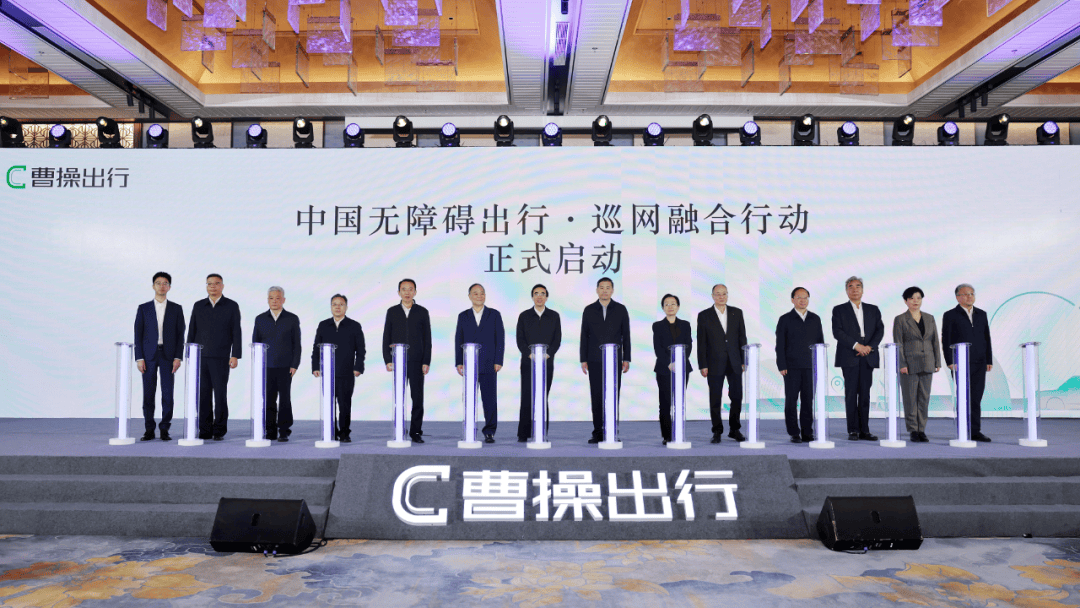
Barrier-free travel is a long-standing, unresolved issue affecting a vast group of people. Daily inconveniences significantly restrict the mobility of individuals with mobility impairments, severely impacting their quality of life and social participation. In response to this challenge, Caocao Mobility, with its brand proposition of 'Serving National Travel with Heart,' addresses the travel difficulties faced by individuals with mobility impairments from all walks of life through technological optimization and mode innovation.
According to introductions, Caocao Mobility's barrier-free travel and roaming-hailing integration solution is based on customized barrier-free taxis. It innovatively integrates roaming and online hailing functions, achieving seamless connections between online bookings and offline hailing. This model retains the convenience and intelligence of online hailing while addressing the inconvenience of online hailing for some individuals with mobility impairments by preserving the immediacy and flexibility of roaming taxis.
At the core of this solution, Caocao Mobility's barrier-free taxis utilize LEVC TX5 professional barrier-free vehicles, equipped with slide-out ramp plates, 90° barrier-free rotating seats, raised-dot Braille panels, voice call systems, and other barrier-free facilities. They provide standardized travel services catering to all age groups, including seniors, mothers and infants, and individuals with mobility impairments. Services include wheelchair, crutch, and child safety seat reservations, with some orders offering accompaniment to the destination, ensuring a fully barrier-free travel experience.
This innovative model received high praise from attendees.
Cheng Kai, Chairman of the China Disabled Persons' Federation, highly commended Caocao Mobility's barrier-free travel service: 'I hope Suzhou will continue to leverage its technological innovation and development advantages to enhance the level of barrier-free environment construction with new productive forces. I also hope that this innovative approach of barrier-free travel and roaming-hailing integration will provide more autonomous, convenient, and safe opportunities for social participation for people with disabilities.' He also expressed sincere gratitude on behalf of the China Disabled Persons' Federation to all sectors of society that have enthusiastically helped people with disabilities, cared for and supported the cause of people with disabilities, and promoted the construction of barrier-free environments.
Liu Xiaotao, member of the Standing Committee of the Jiangsu Provincial Party Committee and Secretary of the Suzhou Municipal Party Committee, stated in his speech: 'In recent years, Suzhou has continued to consolidate guarantees and optimize services for nearly 150,000 people with disabilities under the care and support of higher-level disabled persons' federations, leading to significant progress in the cause of people with disabilities. The launch of this series of caring activities today will undoubtedly further stimulate the strong momentum for caring for and assisting people with disabilities throughout the city and even the entire society.'
Guided by policies and supported by the government, Caocao Mobility comprehensively launched the Barrier-Free Public Welfare Day at the conference, established the 'Caocao Mobility Barrier-Free Taxi' volunteer service team for the disabled, released the 'Caocao Mobility Barrier-Free Taxi Service Demonstration Standards,' and continued to promote the construction of barrier-free environments.
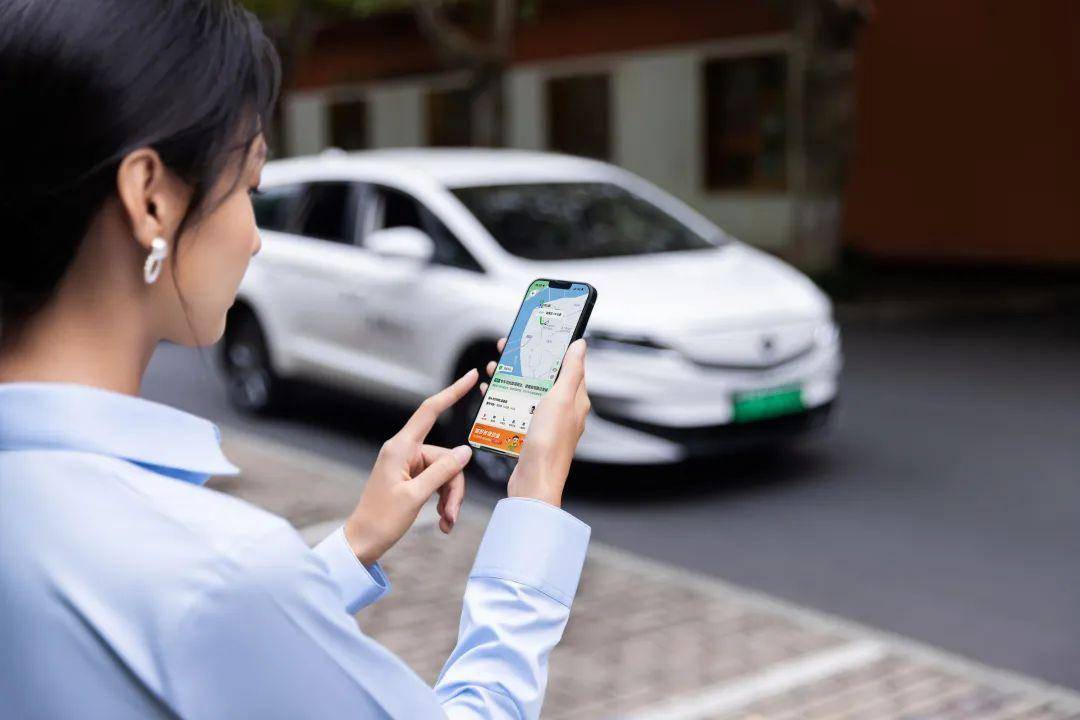
Currently, barrier-free taxis are available on over 20 platforms, including the Caocao Mobility app, WeChat and Alipay mini-programs, Gaode Maps, Didi Chuxing, and Ctrip. Additionally, to address the inconvenience of online hailing for seniors, Caocao Mobility has launched the '95129' caring taxi hotline to provide barrier-free travel reservations for individuals with mobility impairments. By the end of this year, Caocao Mobility's barrier-free taxi service will expand from its early operational cities of Hangzhou, Suzhou, and Dalian to 20 cities, including core metropolises like Beijing, Shanghai, Guangzhou, and Shenzhen, further advancing nationwide operations.
The mode innovation in barrier-free travel showcases Caocao Mobility's sustainable development path as an outstanding travel company.
02 What concerns Li Shufu of Geely about?
Caocao Mobility's exploration in barrier-free travel reflects Geely Holding Group's long-term focus on this area.
At the launch ceremony, Li Shufu, Chairman of Geely Holding Group, stated: 'Caocao Mobility's barrier-free taxis provide full-scenario, high-quality, barrier-free travel services for people of all ages through the establishment of specialized service standards. We will continue to practice our public welfare advocacy of 'filling the world with love' and persistently build bridges for individuals with mobility impairments through technology, commerce, and humanistic care, ensuring unobstructed love.'
After the conference, Li Shufu pushed a wheelchair to help a child from the Suzhou Social Welfare Institute board Caocao Mobility's barrier-free taxi for a 'magical journey' to the Suzhou (China) Flower and Plant Botanical Garden. Meanwhile, the Li Shufu Public Welfare Foundation of Zhejiang Province donated special funds to support the construction of barrier-free facilities in Suzhou.
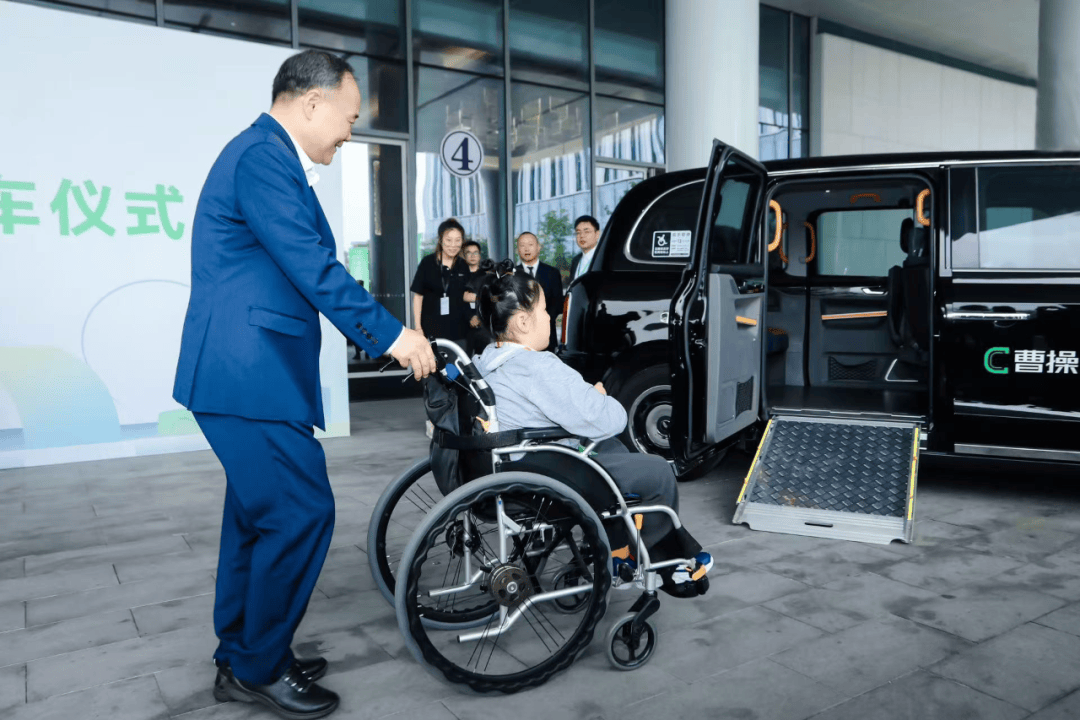
In the field of barrier-free travel, Geely Holding Group has concentrated advantageous resources to vigorously support Caocao Mobility's bold attempts and mode innovation.
Prior to Caocao Mobility, there were several reasons why travel platforms had been slow to advance in barrier-free travel. The most direct reason was cost.
Generally, travel platforms' vehicle models are mostly those registered by drivers or uniformly procured by enterprises, typically sedans, which are difficult to meet the requirements of barrier-free taxis. Additionally, the varying quality of drivers on travel platforms makes it challenging to promote uniform barrier-free travel services.
To advance barrier-free travel services, travel platforms need to procure specially customized vehicles, recruit and train dedicated drivers, and bear corresponding operational costs. For all travel platforms, this represents a significant cost and is challenging to achieve profitability in the short term.
Backed by Geely Holding Group, Caocao Mobility can advance this service at a lower cost. As a leading domestic automotive enterprise, Geely Holding Group can produce and provide relevant vehicles at a lower cost. The 'Caocao Mobility Barrier-Free Taxi' utilizes the TX5 model from Geely's LEVC subsidiary. Furthermore, with the support of Geely Holding Group, Caocao Mobility can more effectively implement relevant decisions and bear corresponding costs.
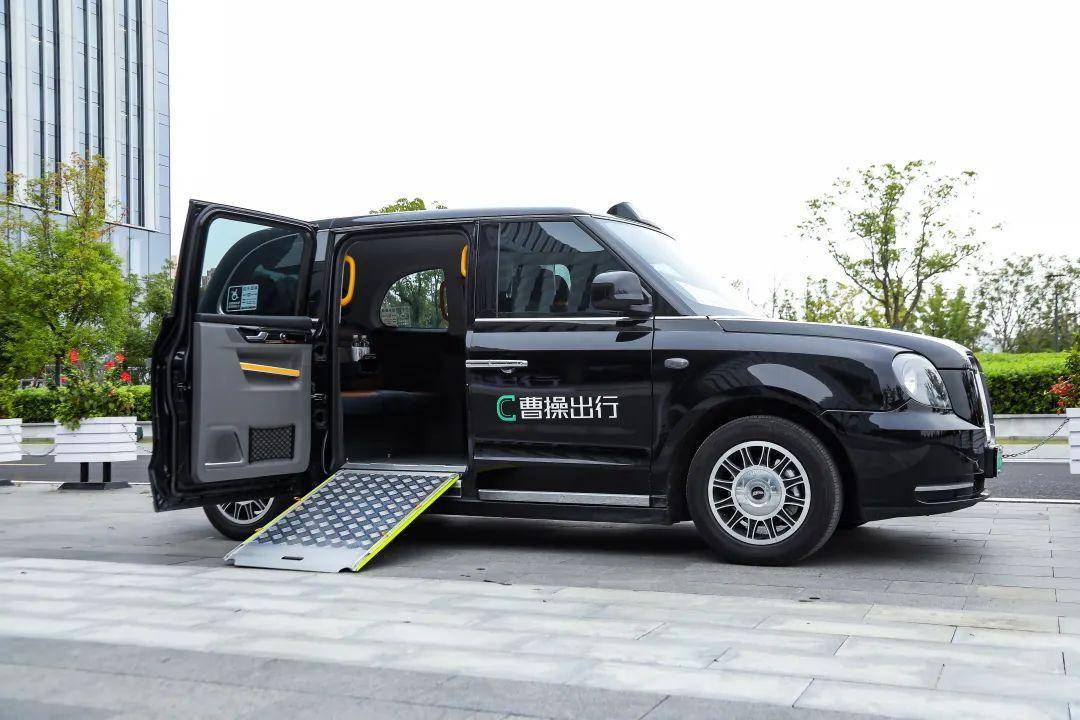
More importantly, through mode innovation, Caocao Mobility has ensured the income level of driver groups, optimized the business model for barrier-free travel on travel platforms, and made this model more sustainable.
From Caocao Mobility's perspective, driver income is crucial to the closed-loop business model of barrier-free taxis. Currently, travel platforms generally accept online bookings, resulting in fewer barrier-free taxi orders and lower driver incomes. Meanwhile, individuals with disabilities, seniors, and children often find it difficult to make online bookings, meaning that so-called special taxis do not truly meet the needs of these groups.
Caocao Mobility's solution to this problem is straightforward: integration of roaming and online hailing, complemented by phone bookings. Online, Caocao Mobility cooperates with over 20 platforms to enhance the coverage of barrier-free travel services. Offline, hailing better satisfies the travel needs of relevant groups while attracting more orders.
After this innovative mode, the attractiveness of barrier-free taxis to driver groups has increased significantly. All 100 barrier-free taxis operated by Caocao Mobility in Suzhou are currently leased. In actual operations, 40% of the income of barrier-free taxi drivers comes from offline roaming and hailing integration. Judging from operational performance, the business model of Caocao Mobility's barrier-free taxis has demonstrated strong sustainability.
Comprehensively, supported by Geely Holding Group, Caocao Mobility's efforts to create tangible barrier-free environments through technological advancements embody corporate responsibility and long-term vision, highlighting the impact of technological progress.
These advancements in technology also convey a strong message that Caocao Mobility firmly believes in: individuals with disabilities have an equal right to use travel platforms and escape their isolated islands, thereby participating in society.
03 How can 85.02 million people with disabilities escape the island?
From Caocao Mobility's barrier-free taxi program, we can see that its efforts, along with those of Geely Holding Group, in barrier-free travel extend beyond conceptual levels and delve into every detail of this business.
From a business perspective, Caocao Mobility's barrier-free travel model boasts significant advantages, embodied in three aspects: vehicle performance, driver proficiency, and brand strength.
In terms of vehicle performance, Caocao Mobility's barrier-free taxis provide comprehensive, safe, and stable travel services. Their most prominent feature is the ramp plate that assists wheelchair passengers in boarding and alighting. After boarding, four seat belts secure the wheelchair, and a special seat belt fastens the passenger to the wheelchair, ensuring safety during travel.
Meanwhile, Caocao Mobility's barrier-free taxis are equipped with a rotating seat, dubbed the 'welfare seat.' Primarily serving passengers using crutches, this seat can be rotated out for passengers to sit on before being swiveled back into place. For the blind and deaf, the model also offers Braille design and loop hearing aid systems to better serve individuals with disabilities.
Beyond high-performance taxis, professional drivers are another highlight of Caocao Mobility's barrier-free travel services. These drivers not only possess proficient driving skills but also offer equally professional barrier-free travel services. Caocao Mobility has established a relatively comprehensive set of driver service standards for barrier-free taxi drivers, strictly implementing these standards in driver selection. All drivers must undergo rigorous training before taking up their posts.
Some taxis are equipped with AED (Automated External Defibrillator) emergency equipment, and drivers trained in AED usage can provide emergency aid when needed.
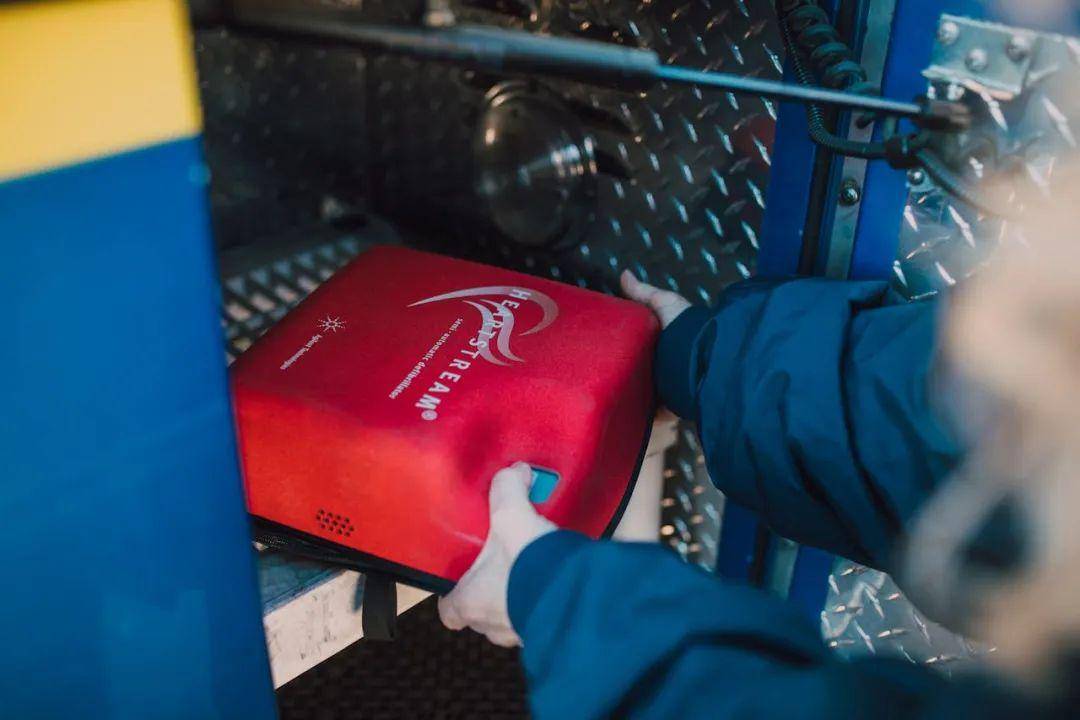
It is understood that Caocao Mobility's future goal for its barrier-free travel service is to achieve door-to-door service. Drivers pick up passengers from their homes and drop them off at their true destinations. For example, if a passenger wishes to visit a hospital, the driver can directly escort them to their ward. This goal places higher demands on drivers' professionalism, propelling Caocao Mobility's barrier-free travel service to new heights.
Furthermore, the reliable images of Geely Holding Group and Caocao Mobility provide strong brand endorsements for Caocao Mobility's barrier-free travel services.
Since its inception, Geely Holding Group has consistently prioritized safety and quality, earning widespread recognition for its vehicle quality. As a strategic business of Geely Holding Group, Caocao Mobility, despite its relatively short development history, has consistently adhered to a user-centric service philosophy, cultivating a solid reputation in the industry.
Supported by these three factors, the quality of Caocao Mobility's barrier-free travel services is fully guaranteed. For individuals with disabilities, seniors, children, and pregnant women who prioritize travel safety, barrier-free taxis with strong brand endorsements are undoubtedly the better choice.
These advantages have been amply demonstrated in practical applications. During the Hangzhou Asian (Para) Games, Caocao Mobility's barrier-free taxis, serving as official designated vehicles, achieved the service goals of 'zero accidents, zero complaints, and zero delays,' setting a benchmark for barrier-free services.
As of early 2024, Caocao Mobility has deployed over 1,000 barrier-free taxis nationwide, serving over 5 million passenger trips, significantly enhancing the level of barrier-free travel services and making positive contributions to the construction of barrier-free urban environments.
Caocao Mobility's efforts have set a new benchmark for all travel platform enterprises and explored new directions for them in creating social value.
In fact, travel platforms providing public transportation services are inherently public enterprises, necessitating greater social responsibilities and balancing commercial and social interests. Caocao Mobility's efforts in barrier-free travel services resonate with societal development needs, achieving a win-win situation for both enterprises and society.
As one of the development directions of modern civilized society, 'barrier-free travel' will be an essential means to effectively bridge the gap in public transportation experiences between individuals with disabilities and the general population.
Under the guidance of the Law on the Construction of Barrier-free Environment, travel platforms such as Cao Cao Mobility have integrated technology into a system that supports rights and equality through barrier-free travel, helping vulnerable groups such as the disabled to achieve a more "normal" experience.
Currently, "barrier-free travel" is in its infancy, and it requires more outstanding enterprises like Cao Cao Mobility to further promote it, build a more livable urban ecology, and improve the modern and civilized Chinese society where "the disabled are complete, and the weak are secure".


